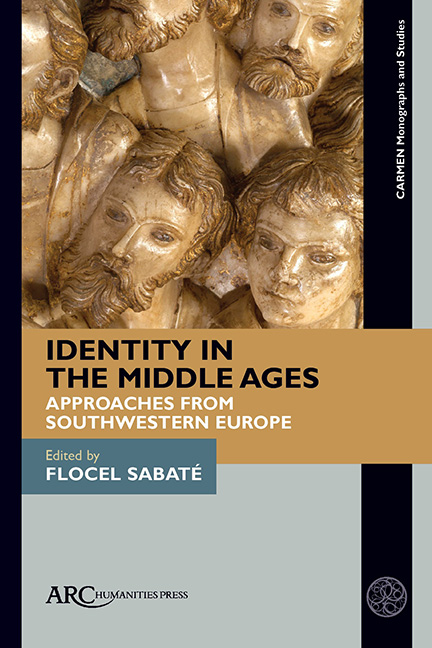Book contents
Chapter 12 - Culture and Marks of Identity among the Social Outcasts and Criminals of Late Medieval Spain
Published online by Cambridge University Press: 20 January 2022
Summary
SOCIAL EXCL USION IN late medi eval Spain had many faces: permanent or even occasional economic hardship, which sometimes led to begging and public shame; sickness, especially if it involved a contagious or repugnant illness, such as leprosy or syphilis; immoral or inappropriate sexual habits that clashed with the prevalent social norm, such as concubinage, prostitution, and homosexuality; among women, estrangement and separation from the direct support of the kinship group of origin, which often forced them to resort to prostitution, concubinage, or domestic service; criminal and violent conduct that fractured the social peace; and loss of identity, a situation that often affected pilgrims, foreigners, exiles, and rootless people in general, who frequently turned into outlaws, outcasts, and undesirable elements wherever they went.
The main feature common to all these groups was their position of social, moral, and ideo logical alterity with regard to the rest of society. The main cause for this alterity was, no doubt, the fear they inspired among the rest of the population: fear of losing control over the social norm, of being exposed to bad moral examples and physical danger, of contagion, of crime, and poverty. In his analysis of the European Middle Ages, Bob Moore defined this feeling of fear as the anxiety suffered by the privileged towards those on whom their privilege rests, and its inevitable conclusion is the construction of exclusive categories.
One of the foremost specialists in the study of social exclusion in Spain during the Modern Age wondered some time ago whether it is possible to talk about a culture of the excluded, a culture that developed independently from that of the majority. Or is it more appropriate, as Brosnilaw Geremek does, to talk about a subculture, the construction of a culture “in opposition to” that which we could similarly term a counter-culture or an imitative subculture? For his part, Juan Miguel Mendoza, in his magnificent study of criminality in La Mancha in the Late Middle Ages, claimed that
The coexistence of those who live outside the law generates complicities, the transmission of knowledge and tricks and cover-ups, and this progressively results in the emergence of a body of professional criminals, with its own laws and customs, their own way to understand solidarity and mutual assistance, their own lexicon, a body which aspires to, and eventually succeeds in, creating their own space in the great cities of the Modern Age.
- Type
- Chapter
- Information
- Identity in the Middle AgesApproaches from Southwestern Europe, pp. 261 - 272Publisher: Amsterdam University PressPrint publication year: 2021



